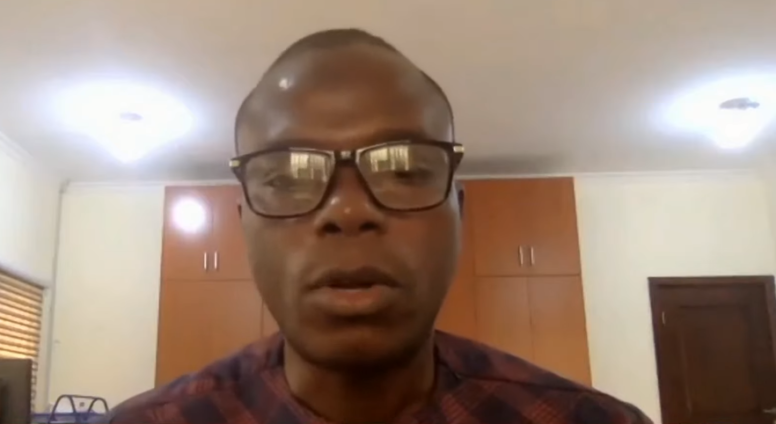The Media Foundation for West Africa (MFWA) has opposed granting the press unrestricted access to live court proceedings.
The Foundation’s Executive Director, Sulemana Braimah, in an interview with JoyNews PM Express host, Evans Mensah commended the transparency aspect but highlighted cautionary issues that must be considered.
He noted that some witnesses might feel uncomfortable standing in front of cameras, affecting their behaviour.
“There are people you go to interview and they are quite jittery in normal interviews, not cross-examination or anything…that is why people conduct media training sessions for CEOs and others so they familiarise with it and not behave awkwardly during the interviews," he stated.
He further argued that lawyers might change their behaviour knowing their friends and loved ones are watching them live, citing a case in the US where a trial was reversed due to such concerns.
Regarding media coverage, Braimah expressed concerns that local media houses in Ghana might highlight selective aspects of the proceedings based on their interests, potentially leading to misinterpretations.
He stressed the importance of caution in granting unfettered access to live court proceedings to avoid compromising the judiciary's integrity.
“The judge may be acting in a certain way and a media house will highlight it and say, ‘look at the way the judge has even squeezed his face, it shows that he is not interested in the arguments put forward by a lawyer’…we have seen that before.
“It is important that we bring whatever happens in the courtroom to the public domain but it is early days yet...we need to tread cautiously so we don’t end up getting our judiciary up in the murky situation as we find ourselves in many other areas in terms of the polarised environment, everything being turned partisan, and compromising judiciary mechanism," he said.
Mr Braimah emphasised the need to avoid rushing into decisions that could further undermine public trust in the judiciary, urging careful consideration to maintain transparency and accountability without risking the judiciary's credibility.
Background
On Wednesday, the Supreme Court allowed the live coverage of proceedings related to the controversial Human Sexual Rights and Family Values Bill, commonly referred to as the anti-LGBTQ bill.
This follows a formal request made by the Attorney General, Godfred Dame.
In a letter to the Chief Justice, the Attorney General cited significant public interest in the bill as the basis for the request.
"Respectfully, in view of the public interest in the cases concerning the Human Sexual Rights and Family Values Bill 2024 (the Bill) I would like to recommend that the media (including radio and television) be given full access to the relevant courts to undertake coverage of all proceedings in those cases concerning the Bill," he said in his request to the Chief Justice.
The move has been lauded by many including the GJA.
Latest Stories
-
Ghana and Seychelles strengthen bilateral ties with focus on key sectors
13 mins -
National Elections Security Taskforce meets political party heads ahead of December elections
17 mins -
Samsung’s AI-powered innovations honored by Consumer Technology Association
37 mins -
Fugitive Zambian MP arrested in Zimbabwe – minister
55 mins -
Town council in Canada at standstill over refusal to take King’s oath
1 hour -
Trump picks Pam Bondi as attorney general after Matt Gaetz withdraws
1 hour -
Providing quality seeds to farmers is first step towards achieving food security in Ghana
1 hour -
Thousands of PayPal customers report brief outage
2 hours -
Gary Gensler to leave role as SEC chairman
2 hours -
Contraceptive pills recalled in South Africa after mix-up
2 hours -
Patient sues Algerian author over claims he used her in novel
2 hours -
Kenya’s president cancels major deals with Adani Group
2 hours -
COP29: Africa urged to invest in youth to lead fight against climate change
3 hours -
How Kenya’s evangelical president has fallen out with churches
3 hours -
‘Restoring forests or ravaging Ghana’s green heritage?’ – Coalition questions Akufo-Addo’s COP 29 claims
3 hours

